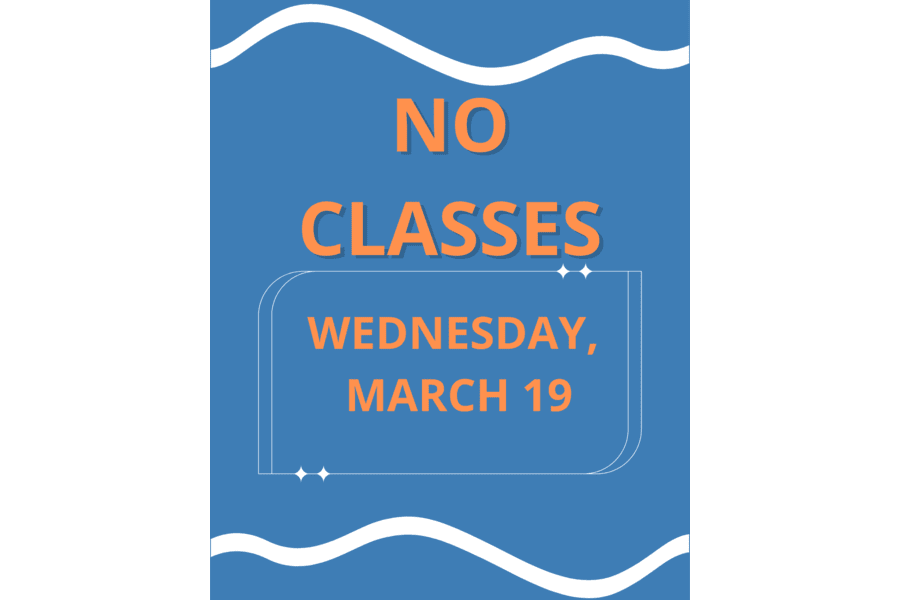“One thing I want to make abundantly clear is that government involvement in healthcare is inevitable,” said Scott Adams, associate professor of economics at UWM. He also was a senior economist for the U.S. President’s Council of Economic Affairs from 2008-2009. There are two options Adams describes. One is where the government pools everybody and gives them health insurance similar to Canada’s and the UK’s programs. The other is a mix of private and public options, but the government is still involved.
In the U.S., the government subsidizes companies to provide heath insurance by not taxing the money they spend on premiums. Plus, for those who don’t have a job, the government provides insurance for them.
Adams stated that people with insurance should care because income has become stagnate due to healthcare costs. Real income has not grown, while healthcare costs have soared.
“All of the raises our employers could possible pay us has gone to healthcare costs,” said Adams. “You are losing pay increases you’d otherwise receive.”
Evelyn Merriett, instructor and former public health nurse, described her experience with those in low-income situations who cannot afford basic health care needs, such as preventive care. Some people wait until it’s too late to get the care they need, simply because they couldn’t afford to come in sooner.
She said that there are resources available, but those resources are very limited. Millions of dollars more needs to be spent just to build the centers, and millions more are needed to fund them.
Susan Hornshaw, Dean of Liberal Arts and Sciences Division, and born in Canada, spoke to clear some myths about the Canadian healthcare program. One myth is that it’s a socialist program. “It’s not,” she said, adding that it is by law that everyone must have universal access.
Hornshaw explained that in the Canadian system, people who have been in the country for three months are eligible. They are allowed to see any doctor or specialist they choose.
She explained that doctors make a good living, with one reason being limited malpractice insurance.
However, she admitted that Canadians love taxes. “If there is a new tax, we line up for it.” She was eluding to the fact that government-provided healthcare will not be cheap.
Hornshaw, also, admitted that there are abuses in the system, one of which is doctor shopping. But she said, “We would rather make that mistake and sleep at night as opposed to making the mistake of not giving healthcare to those who need it.”
Hornshaw’s last point summed up the point of the panel. “How will we exact the care for our neighbors, our sisters, our brothers, the people who are less fortunate, the people who by the grace of whatever you choose, don’t walk the path that you do.”
Their point is healthcare is more than providing for your own; it’s making the choice to take care of those in your community, even if it will be at a great cost.
































































